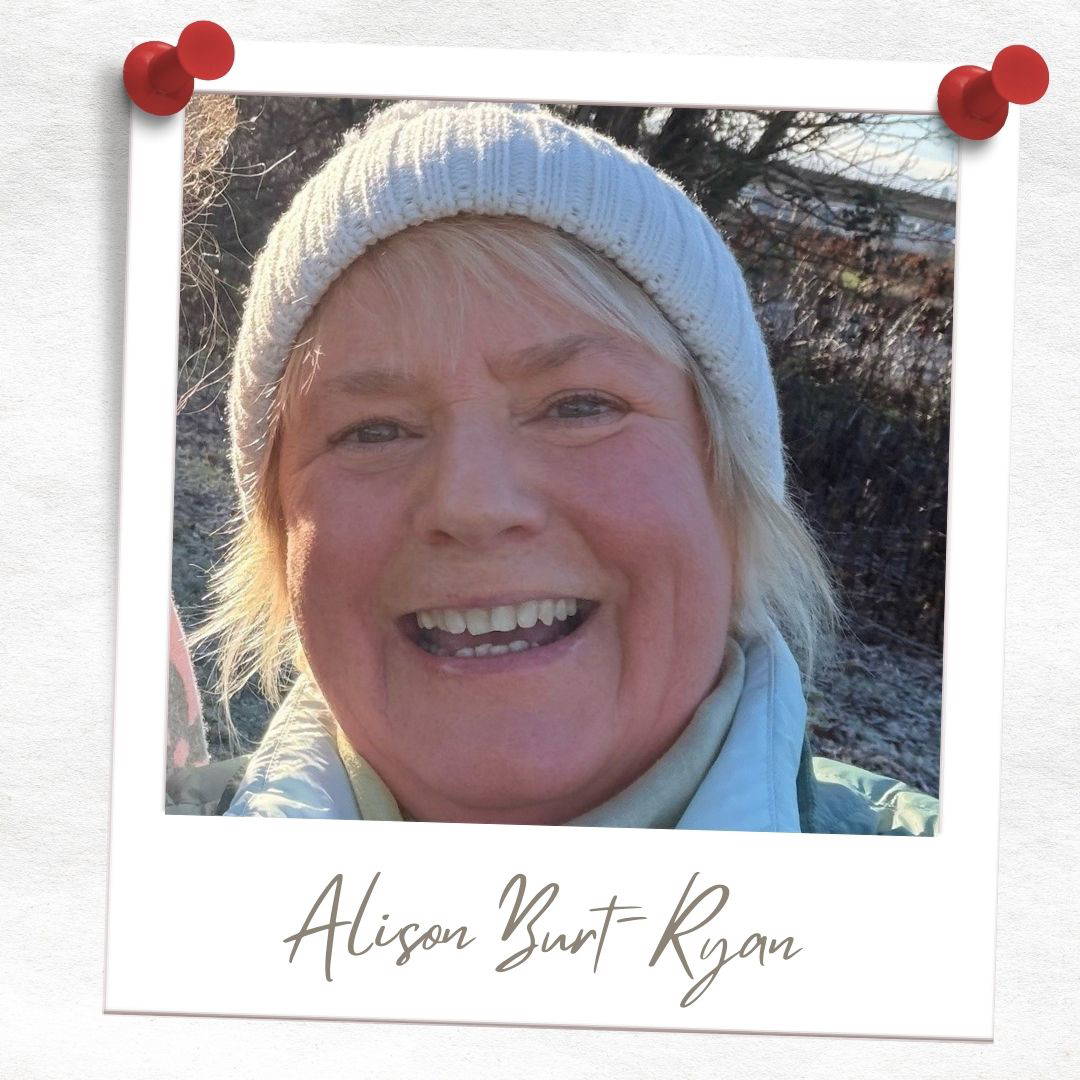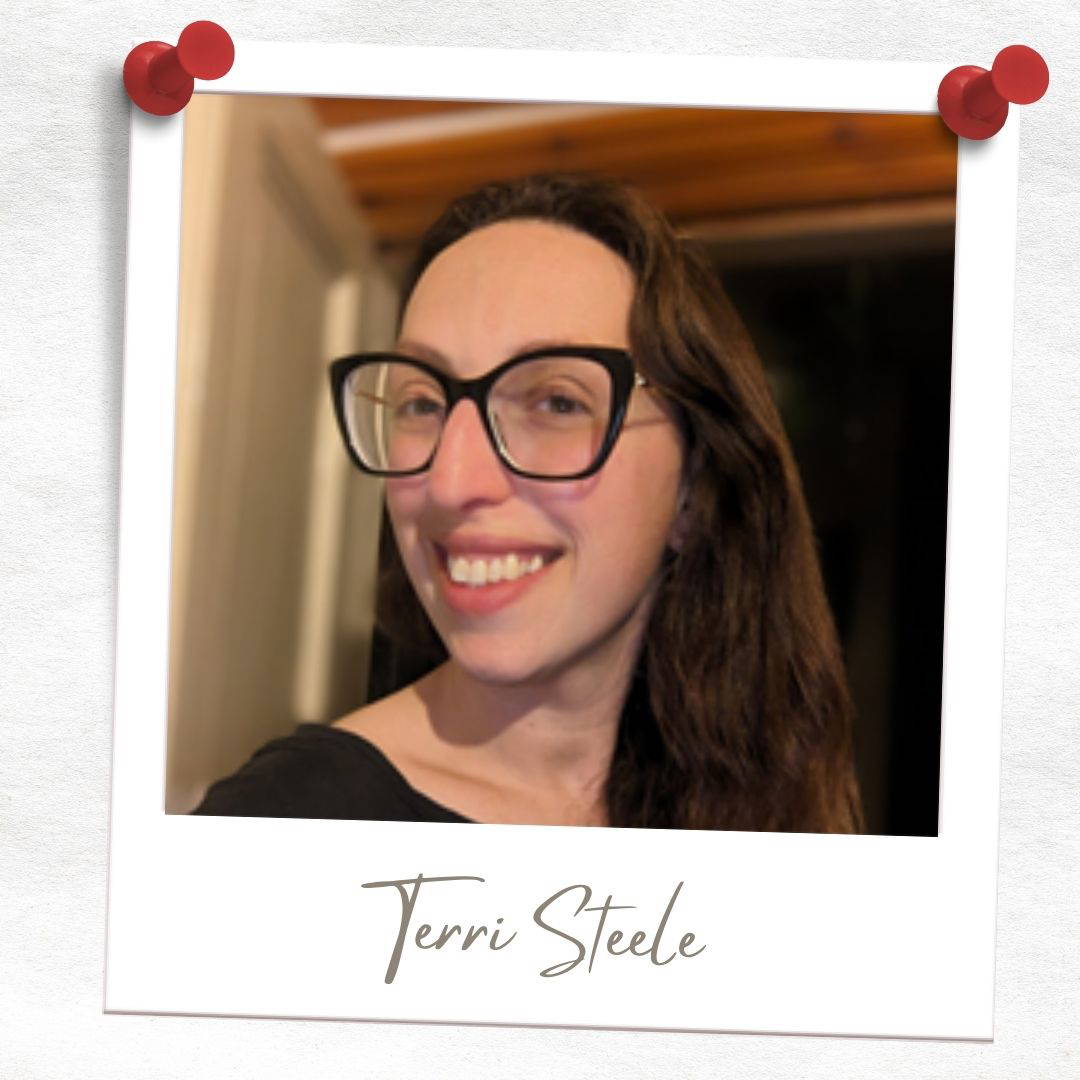An interview with Adil Zafar, Development Coordinator, Coram PACEY.
In this blog Coram PACEY Cymru spoke to Adil who works for Coram PACEY in the Wales team to hear about his experiences, insights and thoughts on race, equality and diversity and supporting anti-racist practice.

Tell us about yourself
I am originally from Afghanistan. I came to the United Kingdom in 2022 through a scholarship. I completed my master’s degree in working with Children and Young People at the University of South Wales. I am a Development Coordinator with Coram PACEY working in the Wales team, where I contribute to initiatives that support children, families, and childcare professionals. I live in the south east valleys.
Before moving to the UK, I had over a decade of experience working with non-governmental organisations, international agencies, and diplomatic missions in Afghanistan, focusing on youth development, education, protection of women, drug prevention, and child protection. My professional journey has been driven by a strong commitment to improving the lives of children and young people, especially in challenging contexts.
Tell us about your own experiences of race
From the moment I landed at the airport, I noticed people from different backgrounds and cultures working together. One of my first interactions was with an airport employee who responded to my question in Hindi/Urdu. It was a warm and familiar start to my new journey, and a diverse welcome to UK.
When I reached Newport with a friend, I went to buy a drink and met a cashier who turned out to be originally from Afghanistan. He shared that he had lived in India for several years before moving to the UK and now ran a business here. Meeting people with such diverse stories made me feel welcomed and more connected to this multicultural society.
I have not personally faced direct racism at my university or workplace however, I have heard from Afghan friends in other cities who have experienced unfair treatment, such as being overlooked for promotions or facing negative labels. I believe these stories reflect how important it is for everyone to continue promoting inclusion and fairness.
In one of my early professional experiences in the UK, when I was working as a peer mentor, I met a client with a strong Welsh accent. I politely asked him to speak a bit slower as I was still adjusting to the local accent. His initial reaction was dismissive; he told me to “learn English first.” However, after a few appointments, he became very happy with the support I provided and even told me, “You speak better English than I do.” That moment reminded me that patience, understanding, and respect can transform people’s perceptions.
Despite a few negative experiences, I have experienced kindness and respect in Wales and overall my experience of race in the UK has been mostly positive. It has taught me the value of diversity, empathy, and the importance of standing against racism. It also strengthened my belief that people from different backgrounds can live together respectfully and learn from each other.
Tell us about your experiences of cultural differences since moving to the UK
There are many cultural differences between Afghanistan and UK, from food and clothing to lifestyle and social interaction. When my family and I first arrived, one of the biggest adjustments was understanding how systems like the NHS work. Everything was done by letter, registration, and appointments, which felt very different from what we were used to
Another challenge was food. We had to carefully check ingredients to make sure products were Halal, and at first, this took a lot of time and effort. Over time, we learned where to find Halal food and which brands to trust, but it was part of a gradual learning process.
In Afghanistan, our culture is very close and community oriented. People visit each other often, and when an important event happens whether happy or sad the whole community and relatives come together In the UK, life feels more individual and private. People are kind and polite, but they tend to keep more distance, and it takes time to build close relationships.
Despite these differences, I have learned to appreciate the UK’s diversity, respect for personal space, and strong systems that support people’s rights and wellbeing. These experiences have helped me grow personally and understand how culture shapes people’s values, communication, and daily life.
How do you think your own experiences influence your work with Coram PACEY?
My personal and professional experiences have greatly shaped the way I approach my work with Coram PACEY. Coming from Afghanistan and experiencing cultural and social transitions, I have developed a deep understanding of the challenges that individuals and families face when living and integrating to new environments. This helps me to bring empathy, patience, and cultural sensitivity to my work.
What would be your top tips for supporting anti-racism practice in a childcare setting?
- Understand Cultural Differences: Behaviour and communication styles can vary greatly between cultures, so if something seems unusual or unexpected, childminders should take time to ask and understand the reason before making any assumptions. By showing curiosity and respect instead of judgment, they can build stronger trust with parents and help create a truly inclusive environment where every family feels valued and understood.
- Create an open and inclusive environment: Ensure that all children and families feel welcome and respected, regardless of their background. Display images, books, and materials that reflect a variety of races, cultures, and family types so children see diversity as normal and positive.
- Promote positive conversations about difference: Encourage children to talk about what makes people unique such as skin colour, language, culture and religion in a respectful and natural way. Use these conversations as opportunities to celebrate diversity rather than avoid it.
- Challenge discriminatory behaviour or language immediately: Address any form of prejudice, teasing, or exclusion in a calm, age-appropriate way. Explain why the behaviour is hurtful and guide children toward kindness, fairness, and understanding.
- Work closely with parents: Build strong relationships with families, listen to their experiences, and involve them in creating an inclusive environment.
- Be reflective and continue learning: Anti-racism practice starts with self-awareness. Childcare professionals should regularly reflect on their own attitudes, attend training, and stay informed about issues of race and inclusion. Learning from mistakes and being open to feedback are key parts of the process.
- Promote representation and belonging: Make sure every child is included in activities, resources, and celebrations so they feel valued and proud of their identity. If a child chooses not to take part, it’s important to ask and understand the reason rather than make assumptions.
Further information
- Coram PACEY Spotlight: Anti-racist Wales
- DARPL: Anti-racist training in Wales
- NEWS: Publication of Anti-racist Wales Action Plan / Cynllun Gweithredu Cymru Wrth-hiliaeth
- Coram PACEY Blog: Diversity, Inclusion and Equality
- Coram PACEY Blog: Diversity, Inclusion and Equality. What this means to me
- Coram PACEY Blog: Talking about race in the early years
- Coram PACEY Spotlight: Promoting positive diversity
- Mind: Racism and mental health




